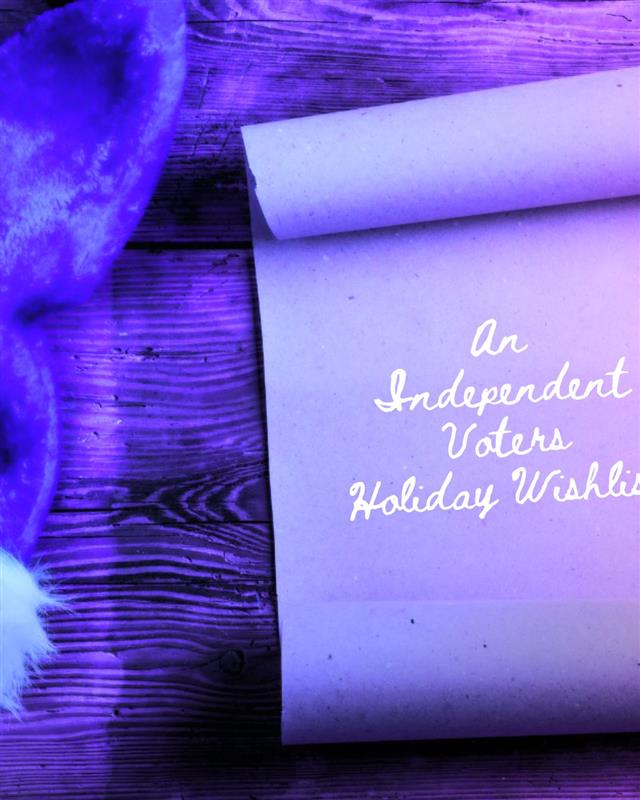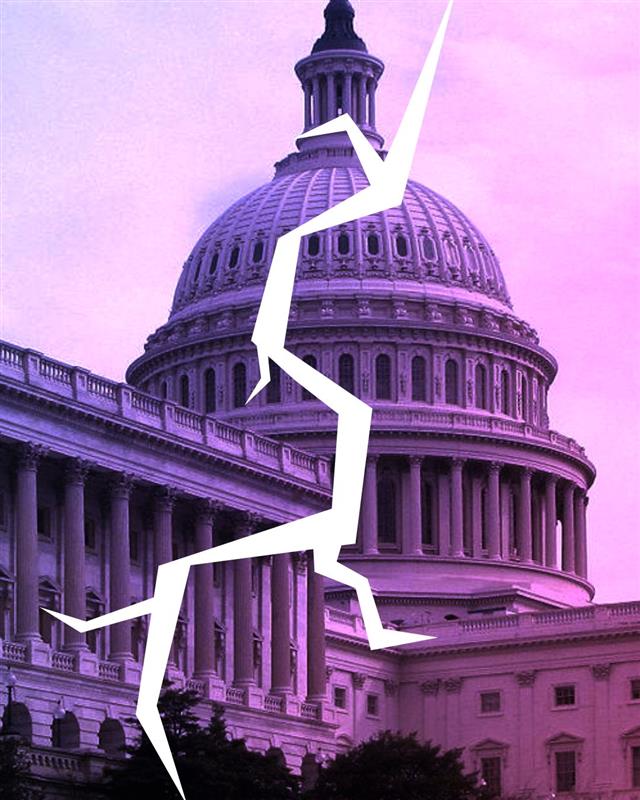Unchecked executive power threatens the constitutional balance of power.
The Big Picture
Since returning to the White House, Donald Trump has issued a record-breaking 38 executive orders in less than two weeks—more than any modern president in such a short period. His administration is aggressively testing the constitutional boundaries of executive authority, raising concerns about Congress’s long-standing habit of surrendering its lawmaking responsibilities to the Executive Branch.
- Example: Trump's birthright citizenship executive order was struck down by multiple federal courts as unconstitutional (CNN).
- Example: The freeze on federal grants and loans was deemed illegal under the Impoundment Control Act (AP News).
While Trump's actions have drawn immediate legal challenges, the bigger issue remains: Congress has enabled the imperial presidency by continuously delegating its constitutional responsibilities to the executive branch.
Zooming In
The Constitution’s System of Checks and Balances
The U.S. Constitution is built on separation of powers, ensuring no single branch dominates:
- Legislative Branch (Congress):
- Passes laws and controls spending (Article I, Section 8).
- Holds the power of the purse (Article I, Section 9).
- Can override a presidential veto with a two-thirds majority.
- Executive Branch (President and Agencies):
- Executes laws passed by Congress (Article II).
- Serves as Commander-in-Chief but cannot declare war.
- Can veto legislation, requiring Congress to override.
- Judicial Branch (Supreme Court and Federal Courts):
- Interprets the Constitution and reviews executive actions.
- Has final say on laws through judicial review (Marbury v. Madison).
These checks and balances were designed to prevent excessive executive power. However, in recent decades, Congress has repeatedly relinquished its authority, granting more power to the President—a shift that has intensified under Trump’s second administration.
How Congress Has Delegated Too Much Power
1. Administrative Agencies and the Rise of the Modern Executive State
Congress’s passage of the Administrative Procedures Act (1946) (U.S. Code) gave federal agencies broad rule-making powers, effectively transferring much of Congress’s legislative function to the Executive Branch.
2. Executive Authority Over Trade and Tariffs
- The President unilaterally imposes tariffs using Section 232 of the Trade Expansion Act and Section 301 of the Trade Act (Independent Center).
- Trump's proposed tariffs on Canada and Mexico, using the International Emergency Economic Powers Act (IEEPA), represent an unprecedented expansion of executive power (Politico).
3. War Powers and National Security Overreach
- Congress has not officially declared war since World War II, yet the President has engaged in dozens of military actions under the War Powers Resolution.
- Post-9/11, the Bush administration expanded presidential war powers, a practice continued by Obama and Trump.
Data Snapshot
- Trump’s Executive Orders (First 2 Weeks): 38 (Axios).
- Congressional Overrides of Presidential Vetoes (Last 30 Years): Only 12 (Congressional Research Service).
- Number of U.S. Military Actions Without Congressional War Declarations: 100+ since WWII (War Powers Report).
Independent Lens
Independent voters see a growing imbalance of power in Washington, where Congress has repeatedly failed to check executive overreach. The rise of the imperial presidency has come at the expense of the legislative branch, creating a dangerous precedent for future administrations. If Congress does not reclaim its role, the erosion of democratic accountability will continue, regardless of which party is in power.
To restore balance, Congress must reassert its constitutional role by reclaiming war powers, reinforcing spending oversight, and reforming executive order authority. Independent voters overwhelmingly support structural reforms that prevent further centralization of power in the presidency.
Subscribe to our newsletter for updates on independent voter priorities and government accountability.




%201.jpg)
